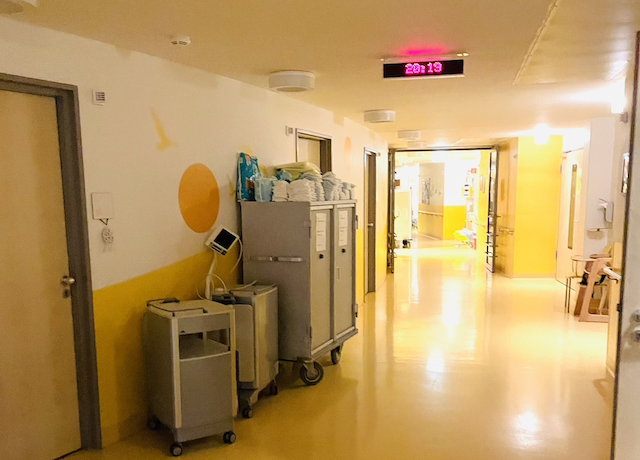Montana Legislature Approves Direct-Entry Midwives' Drug Administration Bill
Montana Legislature Approves Bill Expanding Direct-Entry Midwives' Ability to Administer Certain Drugs
The Montana State Legislature recently passed a bill to expand the authority of direct-entry midwives to obtain and administer certain prescription drugs. House Bill 392, sponsored by Representative Jodee Etchart, will also require additional education and the establishment of protocols for drug administration by direct-entry midwives.
Direct-entry midwives, also known as certified professional midwives, are independent healthcare providers who specialize in providing low-risk care to women during pregnancy, childbirth, and the postpartum period. In Montana, direct-entry midwives are licensed by the Board of Alternative Health Care, which is responsible for regulating and overseeing the practice of complementary and alternative healthcare providers in the state.
Under current Montana law, direct-entry midwives are only authorized to administer a limited range of prescription drugs, including newborn vitamin K and pitocin for postpartum hemorrhage. However, House Bill 392 would expand this list to include other drugs commonly used in midwifery practice, such as oxytocin, lidocaine, and epinephrine.
 Photo by Volodymyr Hryshchenko
Photo by Volodymyr Hryshchenko
To qualify for the expanded authority to administer drugs, direct-entry midwives will be required to complete additional education and training on drug administration and establish protocols for their use. The bill also grants rulemaking authority to the Board of Alternative Health Care to establish standards and requirements for drug administration by direct-entry midwives.
The bill's supporters argue that expanding direct-entry midwives' authority to administer drugs will improve access to care for women in rural and underserved areas of the state, where hospital-based obstetric care is often limited or unavailable. Direct-entry midwives can provide a safe and effective alternative for low-risk women who prefer to give birth at home or in a birth center, they say.
Opponents of the bill, including some medical professionals and organizations, have expressed concerns about the safety and efficacy of drug administration by midwives who do not have the same level of training and oversight as physicians and nurses. They argue that expanding midwives' authority to administer drugs could put women and infants at risk and undermine the quality of care provided by licensed healthcare professionals.
Despite these concerns, House Bill 392 passed both the House and the Senate with overwhelming support. The bill received unanimous approval in the Senate and passed the House by a vote of 98-0. The governor is expected to sign the bill into law soon, making Montana one of several states that have expanded the scope of practice for direct-entry midwives in recent years.
House Bill 392 represents a significant expansion of the authority of direct-entry midwives in Montana. By allowing midwives to administer a wider range of prescription drugs and requiring additional education and training, the bill aims to improve access to care for women and expand the role of midwives in the state's healthcare system. While some concerns have been raised about the safety and efficacy of midwifery care, supporters of the bill argue that direct-entry midwives can provide a valuable and effective alternative for low-risk women who prefer a natural and less interventionist approach to childbirth.





